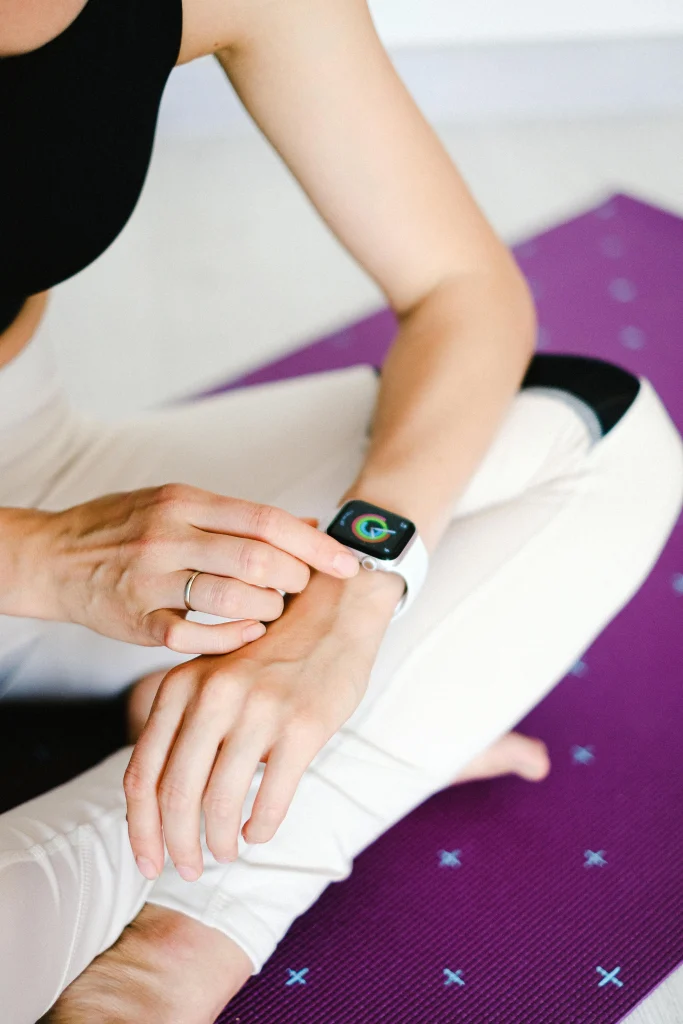Struggling to fall asleep or stay asleep? You’re not alone and the supplement aisle knows it. From melatonin gummies to herbal capsules, sleep aids are everywhere, promising deeper rest and fewer wake-ups. But how much of it actually works, and how much is just clever marketing?
Let’s take a closer look at the most popular sleep supplements, what the research says, and how to make smart choices that support better sleep without getting swept up in the hype.
What’s on the Shelf and What It Claims to Do
Sleep supplements come in all shapes and sizes: pills, powders, teas, tinctures. Most are marketed as “natural” solutions, often blending herbs, minerals, or amino acids. The big names include:
- Melatonin – A hormone that helps regulate your sleep-wake cycle
- Magnesium – A mineral linked to muscle relaxation and nerve function
- Valerian root – An herbal extract thought to calm the nervous system
- Chamomile – A gentle herb often used in teas for its soothing effects
- CBD (Cannabidiol) – A compound from hemp that may help with anxiety
- L-theanine – An amino acid found in green tea, known for promoting calm
- 5-HTP and GABA – Compounds that influence mood and relaxation
These ingredients often show up in blends, but their effectiveness depends on dosage, formulation, and how your body responds.

What the Research Actually Says
Some sleep supplements have solid science behind them. Others? Not so much. Here’s a quick rundown of what studies suggest:Your Weekly Wellness Boost
- Melatonin – Helpful for jet lag and shifting sleep schedules. It may help you fall asleep a bit faster, but high doses can mess with your body’s natural rhythm.
- Magnesium – Can improve sleep quality, especially if you’re low in it. Effects are usually mild and more noticeable in older adults.
- Valerian root – Mixed results. Some people swear by it, but studies show inconsistent outcomes.
- CBD – Early research looks promising for anxiety related sleep issues, but dosage and long-term effects are still being studied.
- Chamomile – Safe and gentle, but its sleep benefits are subtle. More of a calming aid than a deep sleep booster.
- L-theanine – May help reduce stress and promote relaxation, especially when paired with caffeine. Sleep-specific benefits are still being explored.
Bottom line: supplements might help with mild sleep issues, but they’re not magic pills. Your sleep habits and lifestyle matter more in the long run.
What to Watch Out For
Unlike prescription meds, sleep supplements aren’t tightly regulated. That means quality and dosage can vary wildly between brands. Just because something says “natural” doesn’t mean it’s automatically safe or effective.
Here’s what to keep in mind:
- Look for third-party testing (like NSF or USP) to confirm quality
- Avoid mega-doses, especially with melatonin—more isn’t better
- Check for interactions if you’re on medication or have health conditions
- Be cautious with blends—some mix ingredients without clear dosing
- Don’t rely on supplements long-term—they’re best used occasionally
If sleep problems stick around, it’s worth checking in with a healthcare provider to rule out underlying issues like insomnia, anxiety, or sleep apnea.

Smarter Sleep Strategies That Actually Work
Before reaching for a supplement, try building a solid sleep routine. These habits are proven to support better rest and they don’t come with side effects.
Try this:
- Stick to a regular sleep schedule—even on weekends
- Get morning sunlight to help reset your body clock
- Limit screens at night—blue light delays melatonin production
- Create a wind-down routine—gentle yoga, reading, or journaling
- Watch what you eat and drink—avoid caffeine, alcohol, and heavy meals close to bedtime
Supplements can be a helpful nudge, but these habits lay the foundation for lasting sleep health.
Making Smart Choices
Sleep is personal. What works for one person might not work for another. If you’re thinking about trying a supplement, start small, pay attention to how you feel, and use it as part of a bigger sleep strategy not the whole solution.
Tips for choosing wisely:
- Research ingredients before buying
- Start with single-ingredient formulas
- Track how you feel—not just how fast you fall asleep
- Reassess regularly—your sleep needs can change over time
The goal isn’t just more sleep it’s better sleep. And that starts with understanding what your body really needs.







